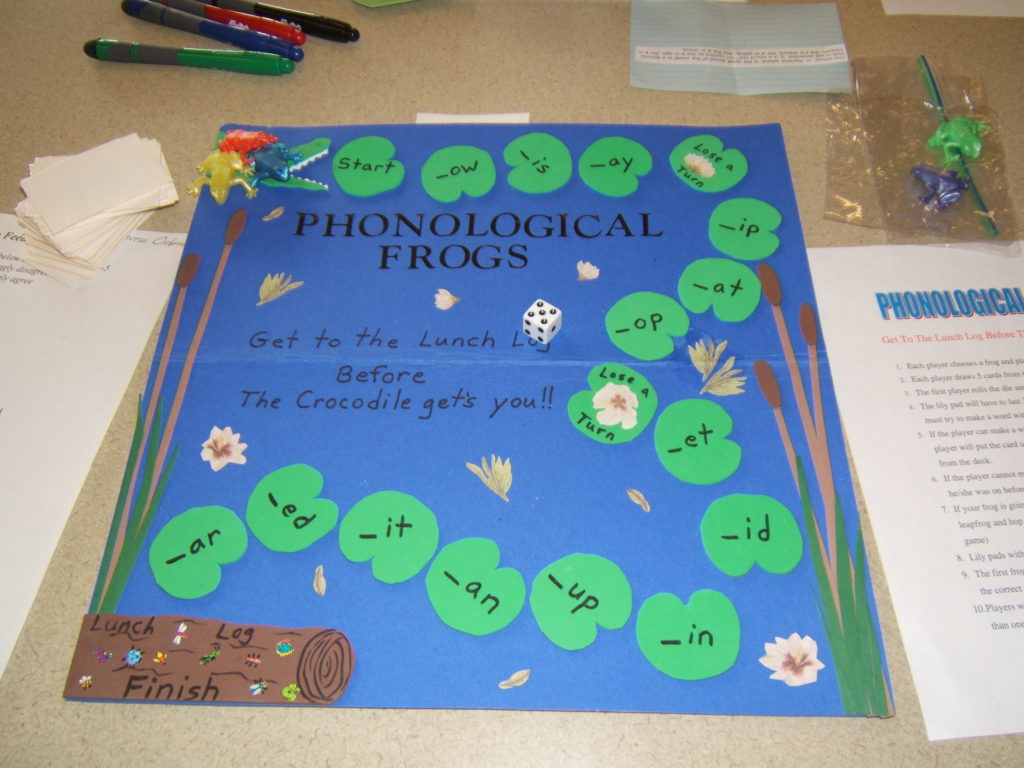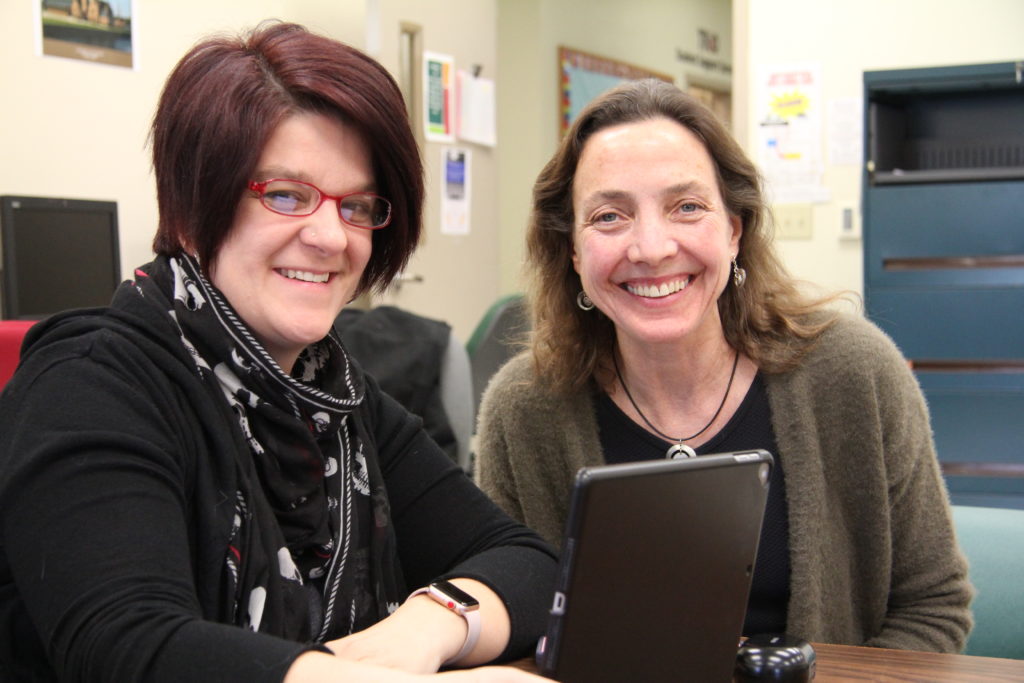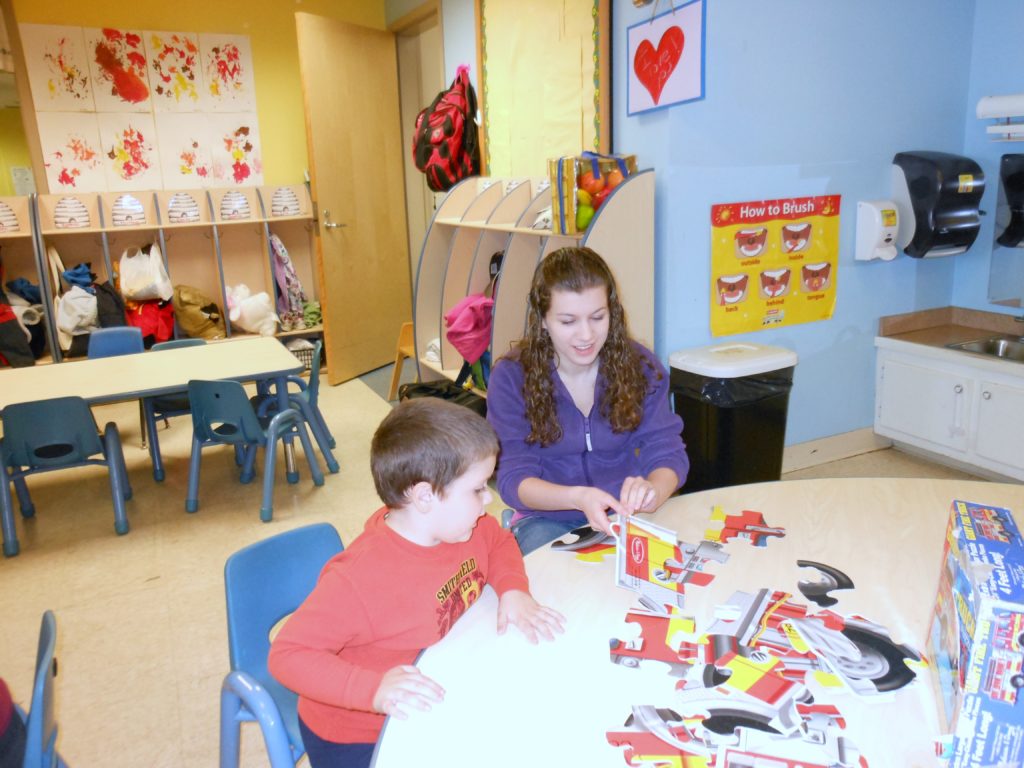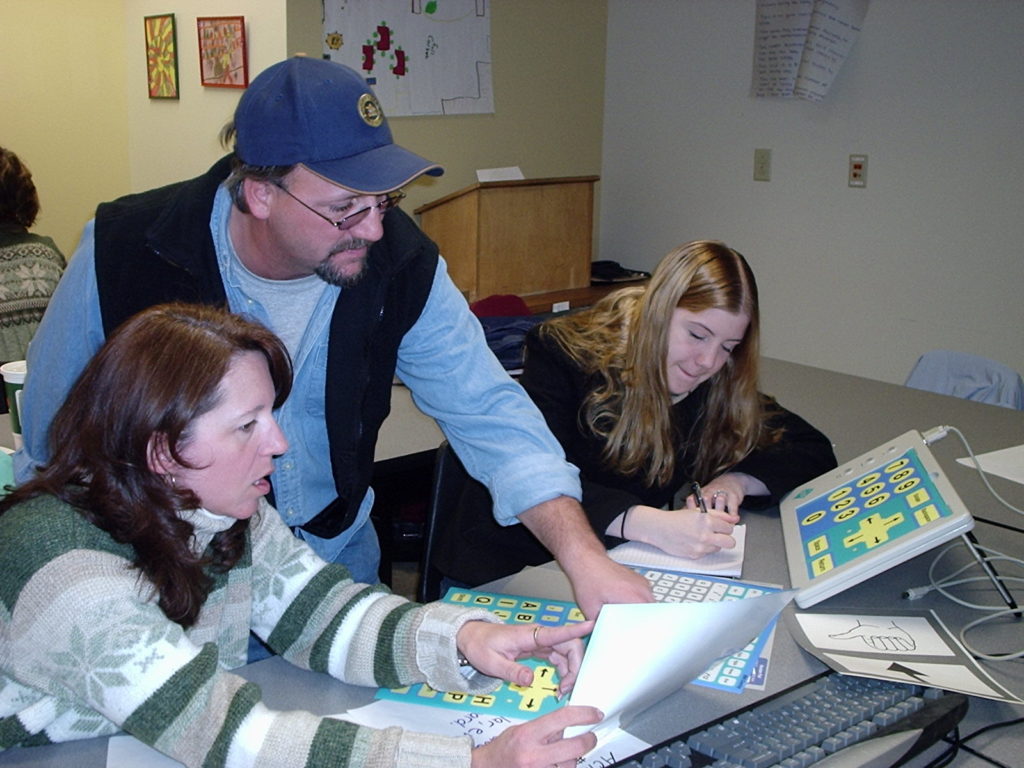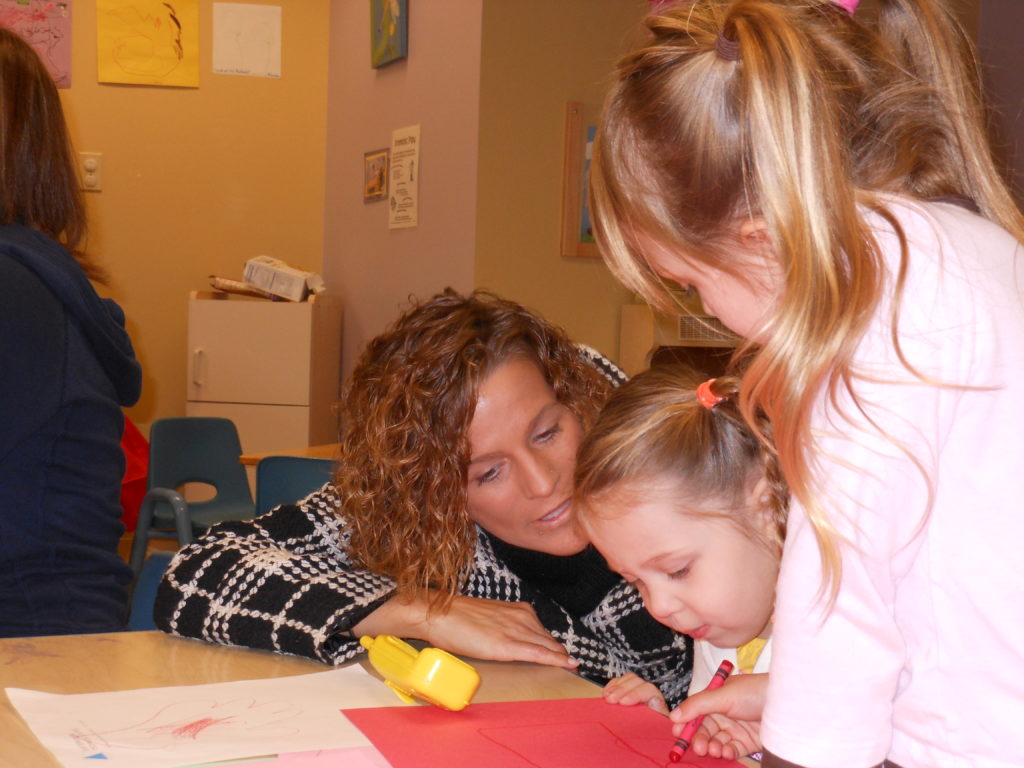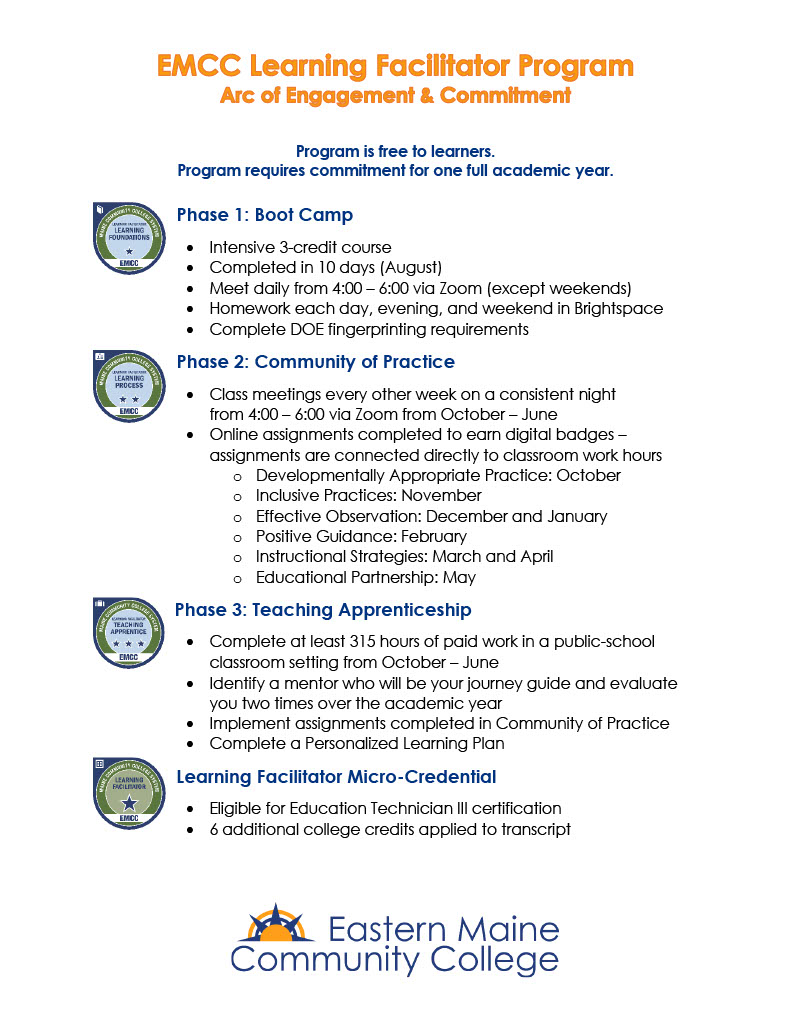What is the Learning Facilitator Program?
The Learning Facilitator Program is a high touch, fast-track training program for paraprofessional level educators. The program was developed in partnership with the Maine Department of Education and isdesigned to be responsive to the critical staff shortages in schools. The program is completed in two phases in one academic year. The first phase of the program is a one-week boot camp. The second phase of the program consists of a combination of online work, professional learning community meetings, and teaching apprenticeship.
What is the cost of the Learning Facilitator Program?
The program is funded by the Maine DOE or through MCCS Workforce Development program funding. The cost to participants is free.
When participants are done with the program, what credential will they have?
Participants will earn a Learning Facilitator Micro-Credential awarded by Eastern Maine Community College and authorized by the Maine Community College System and will earn up to 9 credits of college coursework in Education. The micro-credential consists of a series of 10 stackable digital badges that demonstrate the earner’s competency in core content areas. Participants who complete the full Learning Facilitator Micro-Credential program are eligible to receive Ed Tech III level certification through the Maine Department of Education.
What are digital badges and micro-credentials?
A digital micro-credential is a new type of credential that provides an avenue for learners to complete pathways of learning through nontraditional routes. When applied in the field of education, micro-credentials are a form of micro-certification earned by proving competence in one specific skill at a time, via a portfolio of evidence, created through the intersection of online learning and classroom practice. They are competency based, personalized and self-directed, job embedded, and allow an earner to demonstrate new or existing expertise in a content area.
What are participants in the Learning Facilitator Program qualified to do?
Participants are eligible to become paid school staff after completing phase one of the program, the introductory boot camp. Upon completion of this week-long 3-credit course, participants have the foundational skills necessary to fill short- and long-term sub roles, as well as all paraprofessional level positions. They can support instruction and provide guidance to learners in the classroom under the supervision of a mentor teacher or teaching team. Mentor teachers or teaching teams may be working remotely or in-person. Please Note: Completers of the Learning Facilitator program are NOT eligible for Emergency Teacher Certification.
What do participants learn in the boot camp?
Participants learn the foundational elements of managing a classroom, providing instructional support, implementing positive guidance techniques, and working as a member of a teaching team. They complete fingerprinting requirements, mandated reporter training, and suicide awareness and prevention training.
What type of support is provided to participants after the boot camp?
After the boot camp, participants become part of a learning community based on the age group they are working with. The learning community meets two times per month for the duration of the school year. During this time, they complete deeper training and earn digital badges in 6 core areas: Developmentally Appropriate Practice, Effective Observation, Positive Guidance, Instructional Strategies, Inclusive Practices, and Educational Partnerships. They also participate in a teaching apprenticeship where they document 315 hours of classroom time. During the apprenticeship, they are supervised by mentor teachers or teaching teams and EMCC/MCCS faculty for the duration of the school year. They will be formally evaluated twice by their mentor teachers.
What are the benefits of hiring a Learning Facilitator Program participant?
The benefit is to meet staffing needs. The participants are trained to step into positions to assist schools in providing quality support and instruction for students. They are not just available to keep children safe; they are prepared to assist teachers to meet student needs during this time.
How does this micro-credential crosswalk to certification requirements for Education Technicians?
Participants who complete the full Learning Facilitator Micro-Credential pathway are eligible to receive Ed Tech III level certification through the Maine Department of Education. Participants who complete will also be eligible for Emergency Ed Tech certification. There are currently three pieces of legislation in place to support this eligibility – LD 1189, LD 1207, and LD 1366. For more information, please follow these links:
o LD 1189 was signed into effect by Governor Mills on June 16, 2021 (see: http://www.mainelegislature.org/legis/bills/getPDF.asp?paper=HP0867&item=3&snum=130)
o LD 1207 was signed into effect by Governor Mills on April 14, 2022 (see: https://legislature.maine.gov/legis/bills/getPDF.asp?paper=SP0393&item=3&snum=130)
o LD 1366 was signed into effect by Governor Mills on June 16, 2023 (see: https://legislature.maine.gov/legis/bills/getPDF.asp?paper=HP0880&item=3&snum=131)
Please Note: Completers of the Learning Facilitator program are NOT eligible for Emergency Teacher Certification.
As a school partner, am I able to enroll existing paraprofessional educators in the program?
Yes. We welcome the opportunity to work with learners who are new to the field of education, and those who are already working in the field and would like to further develop their existing skill set.
Are there any limitations on using my Ed Tech III credential after I’ve earned it?
If you are currently employed in a ESEA Title I school that is implementing a Title I school-wide program model, there may be additional requirements to meet to be considered ESEA qualified.
Certain services through Maine Care may not be billable if provided by a person whose certification is earned through the alternative pathway process as opposed to the traditional pathway of earning 90 college credits.
